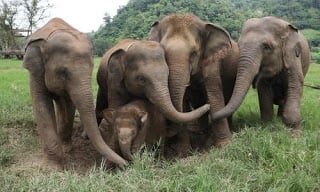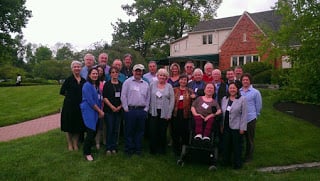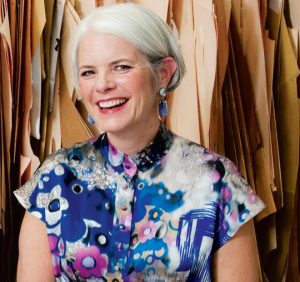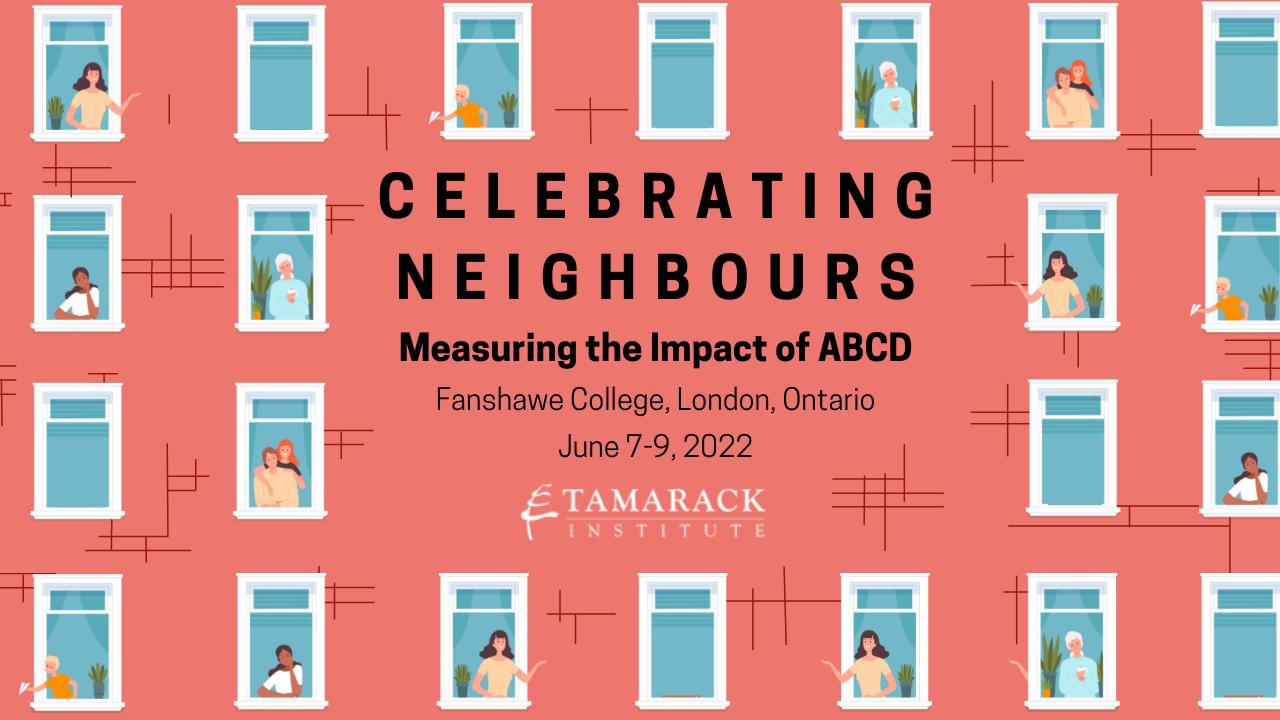I'm just back from a truly inspiring conference hosted by the Asset Based Community Development Institute (or ABCD) and their Canadian partner, Deepening Community at the Tamarack Institute.
The conference was titled "ABCD For Healthy Neighbourhoods" and what I learned from John McKnight, Cormac Russell, Al Etmanski and Paul Born (they are the ABCD Faculty) changed the way I think about our caregiving community.
The organizing principles of ABCD have the potential to change the way we give care in communities. It's an approach that utilizes US - OUR talents and skills as force multipliers. Of course we will continue to rely on medical and paid services to be part of our family care picture, but the strength of our natural care community helping each other in an organized fashion builds a GOOD LIFE. A service doesn't build a good life.
In the family caregiving community, we have ASSETS:
- Individually and collectively, we are wise, resourceful, loving, resilient, courageous and generous.
- We have a massive knowledge base about how to find care and give care. When we mobilize that knowledge base in local communities or online (sometimes online communities ARE our local communities), we crowd-source to solve health and family problems almost instantly using collective experience.
- We are supportive and we are great listeners. When a fellow caregiver is in distress, we gather around (we bring food if we are in the vicinity) and we sit with our fellow carer in a protective and empathetic group. In this way, we are like elephants who respond to calls of distress by grouping around an injured member of the herd, forming a cocoon of protection.

Caregivers have SKILLS:
- We know how to navigate complex health care systems and home care funding mechanisms. If we don't have the information ourselves, we ask another caregiver.
- We know how to manage paid care in the home, so we become expert at human relations including developing training tools, strategies to supervise staff, and techniques to ensure the safety and happiness of our loved ones.
- We are expert in developing relationships that work to get what we need from medical and social care professionals. We always say thank you and we remember birthdays and children's names of our professional team members. We are masters of soft diplomacy.
- Our research skills rival those of NASA
- We are expert multi-taskers.
Caregivers learn quickly that support and information can be found in groups of others who share a similar caring experience on the home front. Together, we form a movement of natural caring. We have power. I urge our community leaders to think about how to organize and utilize that power. How can the skills and assets of local groups of families be leveraged for better health and a collective easing of the burden of care? "What can we do together?" is the question.
STORIES OF ABCD IN ACTION:
1) Peggy, a widow, struggles to keep up with the maintenance of her house in downtown Detroit. She has a garden but is too frail now to tend it. Rats have taken up residence in her weeds and social services have called on Peggy more than once in an effort to assess her for placement. She is now reluctant to answer the door. A community organizer matched Peggy with a nearby immigrant family who were living in small quarters with two young children. The family expressed regret that their children had nowhere to play and about a wish for a garden to grow their own vegetables. Peggy was introduced to her new neighbours and they became friends. The family now tends the garden and cooks for Peggy. The children call Peggy 'Nana'.
2) In the city of Edmonton in Alberta, Canada, an organization called Abundant Community goes door to door with a short questionnaire. 1) What is your vision for our neighbourhood? 2) What are some activities and interests you would enjoy with neighbours and would you want to assist with any of these? 3) What are the skills, abilities or experiences that you would be willing to share with other members of our neighbourhood? I can envision the results of a neighbourhood questionnaire such as this one being used to share respite, food, hobbies, driving and just keeping company for the good of families giving care.
3) Here is a wonderful list of gifts and assets that vulnerable people bring to their communities. If you believe that you and your loved would have nothing to contribute that others would value in your neighbourhood, read THIS LIST - everyone has valuable assets.
WHAT YOU CAN DO NOW:
Call your neighbourhood association or your city government offices. Ask them if anyone is doing 'Community Organizing' using Asset Based Community Development principles. If someone is doing this work, ask how they are including the needs and assets of families giving care. If they don't know about ABCD, share this post with them. Share this with your case managers and hospital patient experience folks, too!
Caring families, let's get organized. It's as easy as ABCD.

This blog was originally published by Donna Thompson on the Caregivers' Living Room website, April 22, 2018 and is re-posted here with permission.





